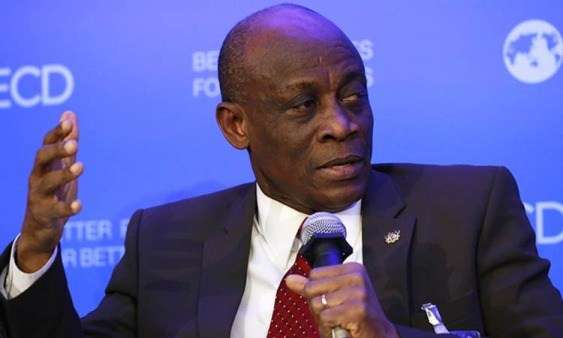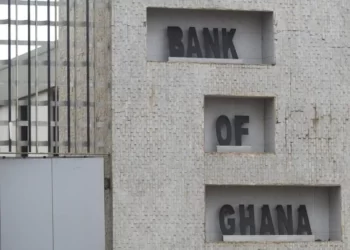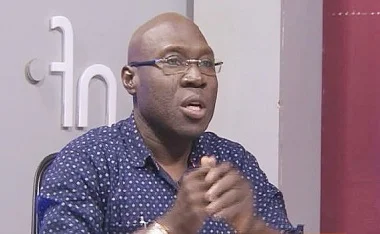The former Finance Minister, Mr. Seth Terkper has warned that despite the recent successful execution of the domestic debt exchange programme, Ghana’s debt crisis is far from over.
According to the former finance minister, any suggestion that the country is out of the woods following the debt exchange programme would be disingenuous, as there is still much work to be done in order to secure a bailout from the International Monetary Fund (IMF).
Mr. Seth Terkper during an interview noted that while the debt exchange programme may have provided some relief in the short term, it does not address the underlying issues that led to Ghana’s debt crisis in the first place.
Making a case for his submission, the former finance minister pointed out that Ghana’s debt-to-GDP ratio has soared in recent years, rising from around 32% in 2012 to over 76% in 2021. The COVID-19 pandemic has only exacerbated this trend, with the government borrowing heavily in order to fund its response to the crisis. “This has left Ghana vulnerable to future shocks, such as changes in global interest rates or fluctuations in commodity prices,” he said.
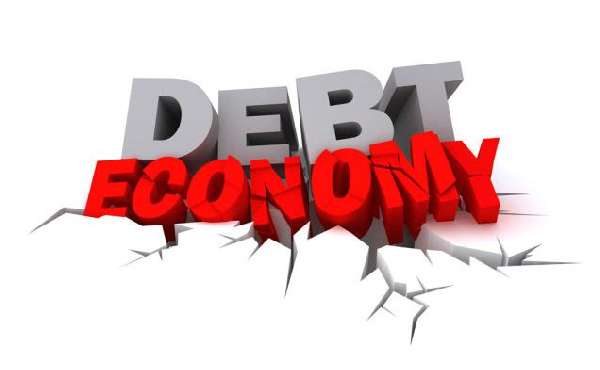
Moreover, he further communicated that Ghana’s debt profile is increasingly dominated by foreign currency-denominated debt, which exposes the country to exchange rate risk.
This, as indicated by him, means that any depreciation in the value of the Ghanaian cedi could lead to a sharp increase in the cost of servicing the country’s external debt, further exacerbating its debt burden.
“In light of these challenges, it is clear that Ghana needs to take bold steps to address its debt crisis and put its finances on a more sustainable footing. This will require not just short-term measures such as the debt exchange programme, but also long-term reforms to improve revenue mobilisation, reduce wasteful spending, and promote economic growth.”
Mr. Seth Terkper
The former finance minister as well cautioned against simply making coupon payments to pensioners and bondholders, without taking steps to restructure the country’s finances in a more sustainable manner.
Government Running Economy On T-Bills
Commenting on the issues of treasury bill, Mr. Seth Terkper disclosed that the current oversubscription witnessed with treasury bills is an indication of growing investor confidence in the economy.
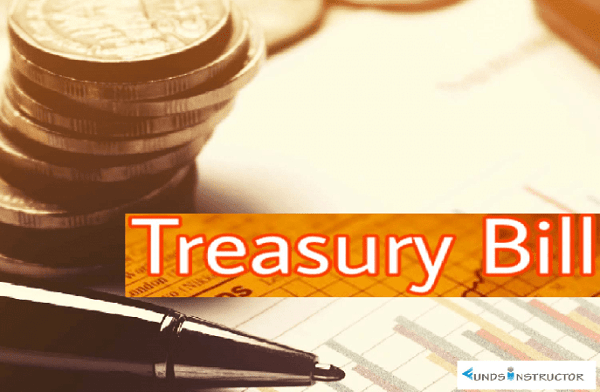
According to him, the instrument has become government’s sole and primary source of borrowing – which comes as a sigh of relief as the instrument is being patronized.
Terkper pointed out that the government’s success in experiencing high subscription rates for Treasury Bills is mainly due to the successful debt restructuring program and the potential of securing an International Monetary Fund (IMF) bailout.
“There is no other option for borrowing especially domestically. It shows some confidence that we are getting a fund program. Confidence in the economy is a good thing. We are still borrowing because our debts have to be honored due to debt servicing.
“It will be a false impression to say that we have solved our debt issues and I hope we are not making any mistake with that. It simply means that we don’t have any other options, we can’t do bonds since restructuring is ongoing. Running the economy on treasury bills is a realistic position.”
Mr. Seth Terkper
Mr. Seth Terkper further urged the government to restore its credibility to the Bank of Ghana while ensuring its independence is not threatened.

